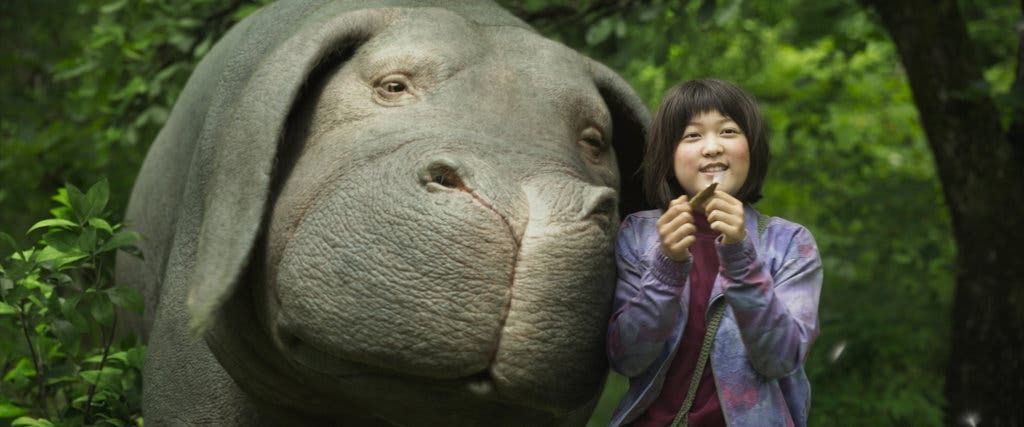Tag: HAR: Vegetarianism/Veganism
-
Ferdinand. Dir. Carlos Saldanha. 20th Century Studios. 2017.
Part of the core ethics depicted within Saldanha’s Ferdinand (2017) is that the exploitation of animals, whether bullfighting or meat production, is unacceptable. However, the opening scene of this film depicts the bulls as having the agency to use their power to choose to fight and vie for the attention of the matador. By representing…
-
Raw. Dir. Julia Ducournau. Focus World. 2017.
When Julia Ducournau’s debut feature film Raw (2017) was shown at Toronto’s Film Festival, paramedics were called to the scene after cinema-goers fainted during the screening. Raw tells the story of highly gifted 16-year-old vegetarian, Justine (Garance Marillier) and her journey into a merciless and dangerously seductive world during her first week of veterinary school. During a gruesome hazing ritual,…
-
Carnage. Dir. Simon Amstell. BBC. 2017.
What would the world be like if everybody was vegan? According to Simon Amstell’s vision of the future in Carnage, it’s a peaceful utopia in which the young vegans of tomorrow frolic in fields and enjoy food much more, knowing that nothing was taken from an animal, albeit one in which the older generations of ex-meat-eaters…
-
Barnyard. Dir. Steve Oedekerk. Paramount Pictures, Nickelodeon Movies. 2006.
Steve Oedekerk’s Barnyard uses witty puns and gags in order to satirise the idea of the animal as a fixed definition, in that an animal can never truly be anything more than a representation of the attributes that humanity typically associates with its species.
-
Noah. Dir. Darren Aronofsky. Paramount Pictures. 2014.
God says to Noah: Take with you seven pairs of every kind of clean animal, a male and its mate, and one pair of every kind of unclean animal, a male and its mate, and also seven pairs of every kind of bird, male and female, to keep their various kinds alive throughout the earth.…
-
Jurassic Park . Dir. Steven Spielberg. Universal Studios. 1993.
Stephen Spielberg’s 1993 blockbuster adaptation of Jurassic Park is most well-known for its strikingly realistic puppet and CGI representations of the most fascinating of the prehistoric animals: the dinosaurs. Though the dinosaurs are impressive, it is the other, less unusual animals which appear in the film who are often overlooked, which provide an interesting point of analysis.
-
Baraka. Dir. Ron Frike. The Samuel Goldwyn Company. 1992.
Ron Fricke’s 1992 documentary film Baraka highlights the darker side of human-animal relations through a sequence comparing two very similar visual images. One scene depicts a crowded subway while another shows new-born chicks on a conveyor belt, presumably being sexed and arranged for meat or egg production.
-
Shark Tale. Dir. Bibo Bergeron, Vicky Jenson, Rob Letterman. DreamWorks Animation. 2004.
DreamWorks Animation’s Shark Tale plays with the binary of shark/fish through the characterization of Lenny the vegetarian shark and his performativity of conventionally human gender stereotypes. The family animation draws attention to the common opinion of meat eating as conventionally masculine, relating to an acceptance of violence, and vegetarianism as typically associated with femininity, empathy and compassion…
